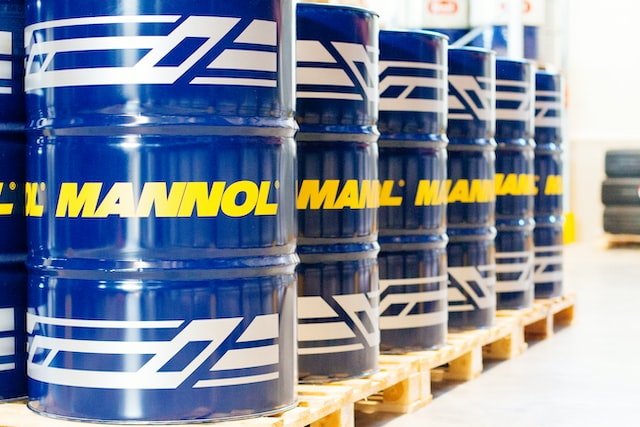Regarding lubricant suppliers, you want to ensure that you work with the right company. They should be able to provide you with various things at a fair price.
It is also essential to consider their warehousing standards. A well-organized warehouse ensures that your products are stored and handled correctly.
The primary role of a lubricant supplier is to serve as a strategic partner with their customers and ensure that the company’s assets are running at peak performance and reliability at the lowest possible operating cost. It is a critical value-building job function that drives the overall profitability and competitiveness of the company.
Product Range
Lubricants are fluid substances that help to reduce friction, heat, and corrosion between surfaces. They are used in various applications, from marine to automotive and manufacturing equipment.
They are made from petroleum fractions (usually mineral oils) and are often complemented with additives. Additives provide improved oxidation stability, anti-wear protection, reduced friction, increased viscosity, resistance to rust and corrosion, aging and contamination, etc.
In addition to offering a variety of lubricants, a supplier, like that lubricant supplier VA, also provides various services. Some offer a la carte programs, while others offer comprehensive assistance to serve specific niche markets.
Choosing a lubricant supplier requires careful evaluation of their capabilities and resources. It includes determining whether they offer a diverse product/service mix, formulation expertise, and training opportunities to channel partners, such as distributors.
Quality
Choosing the suitable lubricant for your manufacturing equipment can distinguish between a smooth production operation and equipment failure. In addition, it can help protect the equipment against damage and reduce operating costs.
An experienced lubricant distributor will know your lubricant needs and be able to recommend the best product for you. They will also be able to understand the challenges your equipment faces in terms of temperature changes and environmental aspects.
A reputable supplier can provide you with quality certifications and accompanying documents. These will include the last sample date, analysis of additives, and particle count. This information will help you ensure that the lubricants you purchase are high-quality.
Application Expertise
The suitable lubricant will reduce friction, wear, excessive heat, rust, and corrosion to help equipment perform longer, more efficiently, and with less interruption to operations. It saves money on maintenance and repairs and allows the equipment to operate more consistently, increasing revenue potential.
Diverse Chemistry
Various base oil and additive chemistries are available to meet the specific requirements of the equipment being serviced. For example, some lubricants use low-cost mineral oils, while others can be semi-synthetic, offer longer life, lower oil loss, and reduce environmental impact.
Supply Reliance
Larger companies require substantial volumes of lubricants to run their production facilities at full speed. Therefore, it is vital for them to partner with a lubricant supplier that can deliver on their needs with minimal risk of shortages or disruption to the production schedule.
Risk Abatement
A lubricant supplier must meet the needs of their customers and ensure that their lubricants are produced in compliance with global industry standards and third-party audits. Therefore, it is a critical element of risk reduction as it can mitigate the potential for damage to customers or reputation in the event of product shortages.
Customer Service
Customer service is one of the essential aspects when selecting a lubricant supplier. The right supplier will be able to meet your needs and provide excellent customer service at all times.
Having an excellent lubricant supplier can have a significant impact on your plant’s reliability and performance. In addition, choosing the right supplier can lead to a long-term, successful relationship.
Some lubricant suppliers are specialized in specific industries, processes, or equipment. They can also have various lubricants in stock for your particular application.
Technical assistance is another essential thing to consider when selecting a lubricant supplier. Some lubricants are designed to operate under particular conditions and require expert support in the field to help ensure reliable operation.
Most suppliers will have technical specialists on staff to answer any questions. Having a single supplier can make contacting these experts easier and requesting assistance when needed.

